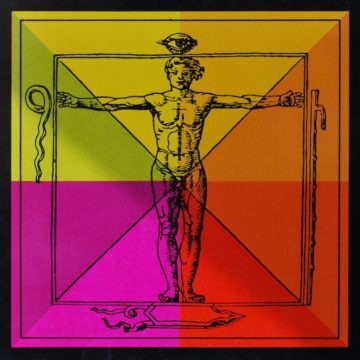William Flesch and Marco Roth in n + 1:
 Like other teachers and sages I’d known and apprenticed myself to for seasons of my life, Bloom performed, but what he didn’t perform was pedagogy or teaching, not for himself and not for us. He just did readings, in the Bloom way, which was an ongoing drama, in words, between the work at hand and the absent works, lines and phrases that the work had brought itself into being from. This isn’t the same as watered down “intertextuality” or “influence studies” or, god forbid, some kind of seminar or salon-like conversation. It wasn’t “New Critical” thing-in-itself close reading, because poems weren’t things in themselves, they were living subjects, and as full of contradictions and private dramas and unconscious desires and hauntings as any other. While some critics thought about the “political unconscious” and others of just the human unconscious, Bloom found a way to surface the poetic unconscious.
Like other teachers and sages I’d known and apprenticed myself to for seasons of my life, Bloom performed, but what he didn’t perform was pedagogy or teaching, not for himself and not for us. He just did readings, in the Bloom way, which was an ongoing drama, in words, between the work at hand and the absent works, lines and phrases that the work had brought itself into being from. This isn’t the same as watered down “intertextuality” or “influence studies” or, god forbid, some kind of seminar or salon-like conversation. It wasn’t “New Critical” thing-in-itself close reading, because poems weren’t things in themselves, they were living subjects, and as full of contradictions and private dramas and unconscious desires and hauntings as any other. While some critics thought about the “political unconscious” and others of just the human unconscious, Bloom found a way to surface the poetic unconscious.
He would sit there, channeling, almost always quoting from memory and at the speed of memory, a few teasing questions to set himself off and running. And he would run nonstop until the doctor-mandated “break,” when he might shift his corpulence, button up the shirt and shuffle unaided for water, or sit mopping his brow, or quiet, eyes closed, returning into silence. He leaked humanity.
More here.
